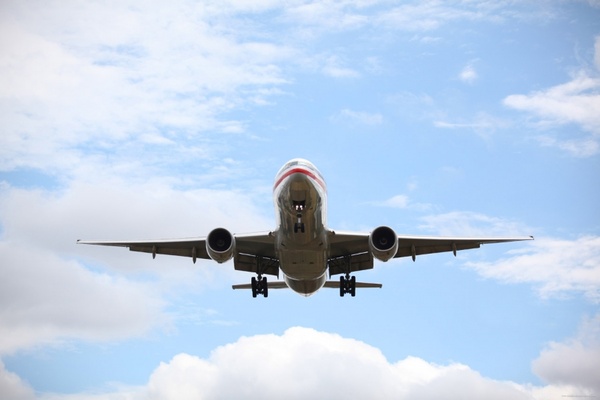On September 14, 2023, the Members of the European Parliament (MEP) approved a new law to increase the uptake of sustainable fuels such as advanced biofuels or hydrogen in the aviation sector.
The Refuel EU aviation rules are a part of the Fit For 55 Package, the EU’s plan to reduce greenhouse gases by at least 55pc by 2030 compared to 1990 levels and to ensure that the EU becomes climate neutral by 2050. They seek to encourage the aviation sector to use sustainable aviation fuels in order to cut emissions.
Role of the MEPs
The MEP secured an ambitious timeline on the provision of the jet fuel mix, obliging EU airports and fuel suppliers to ensure that starting from 2025, at least two per cent of aviation fuels will be green increasing every five years, 6 per cent in 2030, 20 per cent in 2035, 34 per cent in 2040, 42 per cent in 2045 and 70 per cent in 2050.
In addition, a specific proportion of the fuel mix (1.2 per cent in 2030, 2 per cent in 2032, 5 per cent in 2035 and progressively reaching 35 per cent in 2050) must comprise synthetic fuels like e-kerosene. According to the new rules, the term sustainable aviation fuels will include synthetic fuels, certain biofuels produced from agricultural and forestry residues, algae, bio-waste, used cooking oil or certain animal fats. The recycled jet fuels produced from waste gases and waste plastics are also considered green.
The MEPs ensured that feed and food crops-based fuels and fuels derived from palm and soy materials would not be classified as green as they do not meet the sustainable criteria. They also include renewable hydrogen as a part of a sustainable fuel mix, a promising technology that could progressively contribute to the decarbonisation of air transport.
To promote de-carbonisation in the aviation sector and to better inform the public, the MEPs ensured that as of 2025, there will be an EU label for the environmental performance of flights.
Airlines will be able to market their flights with a label of the EU which will indicate the expected carbon footprint per passenger and the expected CO2 efficiency per kilometre. This will allow the passengers to compare the environmental performance of the flights operated by different companies on the same route.
Implementation of Refuel EU
Parliament Rapporteur Jose Ramon Bauza Diaz said “This is a tremendous step taken towards the decarbonisation of aviation. It is now time for the EU Governments to implement the new rules and support the industry to ensure cost-effective deployment of Sustainable Aviation Fuels across Europe as well as meeting EU targets, There is no time to lose.
In a complex and competitive world, I fully and completely believe that Refuel EU is a great opportunity to position the EU (European Union) as the global leader in the production and use of Sustainable Aviation Fuel (SAF).
The new rules on sustainable aviation fuels were adopted by 518 votes in favour, 97 votes against and eight abstentions. Once the council has approved them, the new rules will be applied as of January 1, 2024, and some provisions as of January 1, 2025.

















Comments